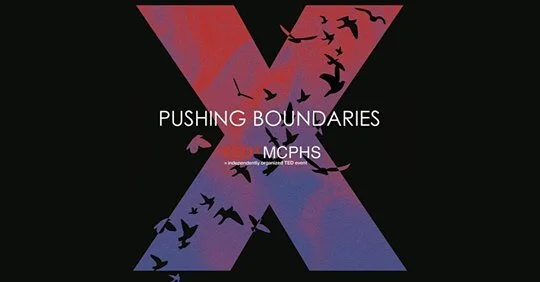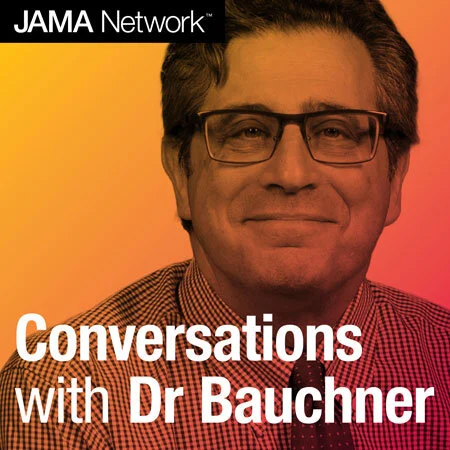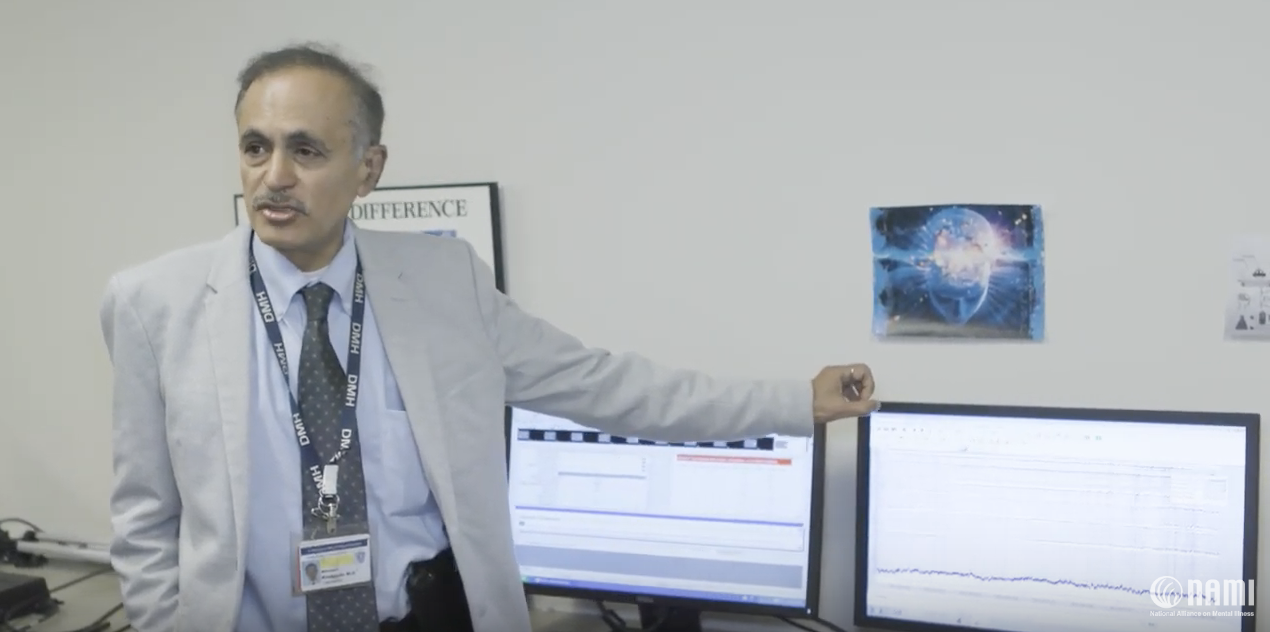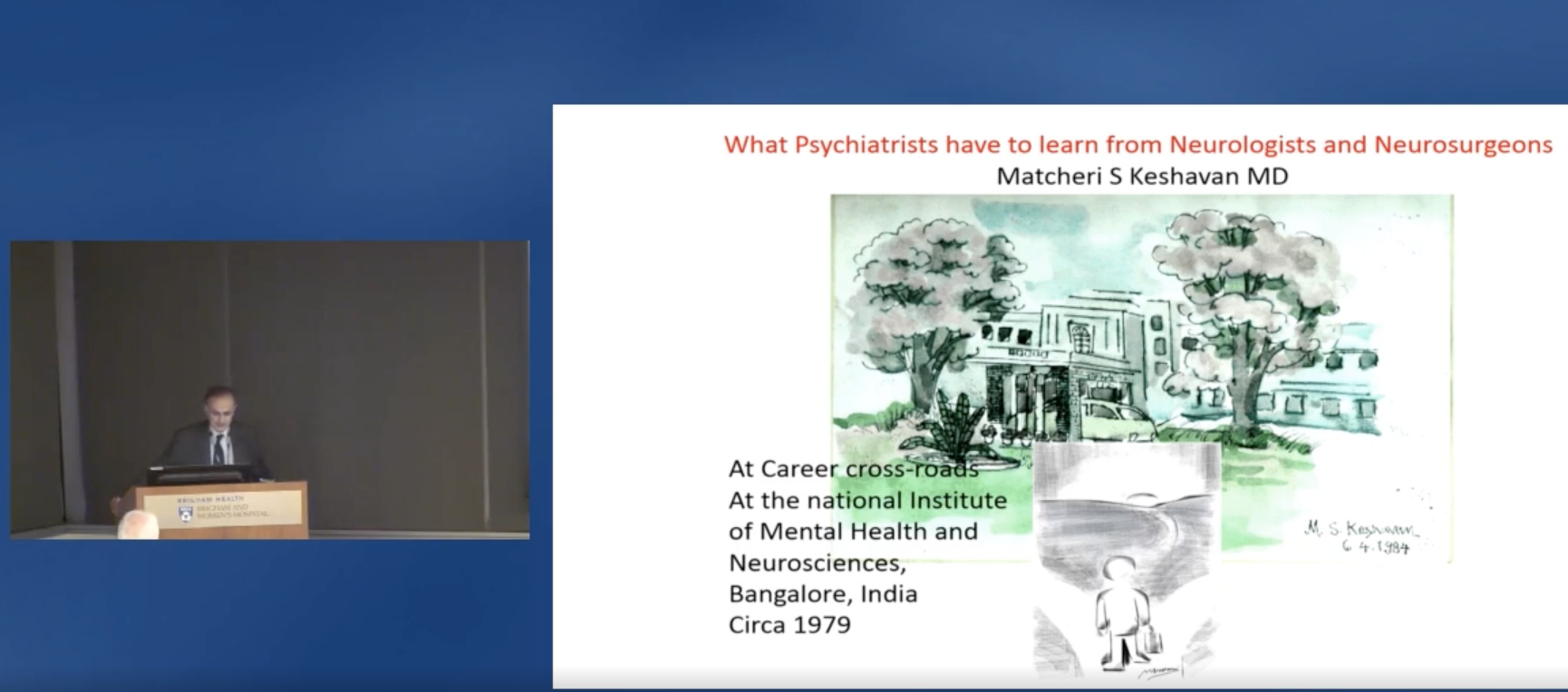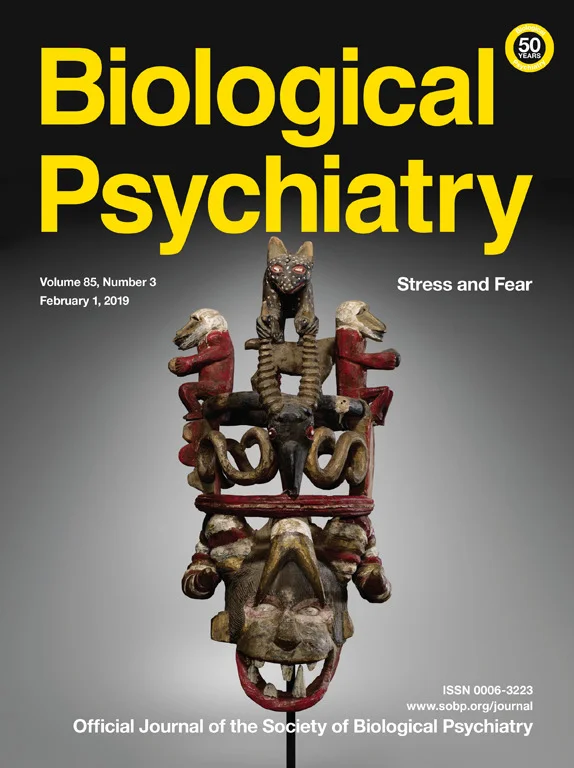WOrld Psychiatric Association on Schizophrenia
Art, Brain, and Healing
In this presentation, Dr. Keshavan provides an overview of three questions: how the brain processes art and how art impacts the brain. I then discuss the relation between art and mental health, and how art can be therapeutic.
Essential PsychopharmacologY, 2021: Practice and Update
Dr. Keshavan discusses the biology and treatment of schizophrenia: the new generation of antipsychotic drugs; clinical aspects of treatment with reference to prodromal period, first episode, and relapse; use of typical and atypical neuroleptics (including clozapine, risperidone, olanzapine, quetiapine, ziprasidone, aripiprazole, and experimental agents)
Mantra & Neural Plasticity: Namaste 2020
Reimagining Mental Health Diagnosis | TEDxMcphs
Early in his career as a psychiatrist, a young woman told Dr. Keshavan his diagnosis of her mental disorder was no more than simply relabeling in technical terms what she had already told him. Mental disorders are currently defined by collections of symptoms and behaviors. In recent years, researchers including Dr. Keshavan are beginning to realize that re-categorizing mental illness using brain-based biomarkers and machine learning can be a much better way to diagnose treat, and predict the outcomes of these illnesses.
The Convergence of neurology & Psychiatry
Conversations with Dr. Bauchner: Interview with Dr. Matcheri Keshavan on The Convergence of Neurology and Psychiatry: The Importance of Cross-Disciplinary Education
Essential Psychopharmacology
Dr. Matcheri Keshavan’s lecture on “Neurobiology of schizophrenia: the questions of When, What, Why, How and So What”
NAMI Scientific Research Award - Inspiring Hope Through Research
Dr. Matcheri Keshavan receives The National Alliance on Mental Illness (NAMI) 2019 Scientific Research Award
What Can Neurology and Neurosurgery Learn from Psychiatry?
Dr. Matcheri Keshavan addresses the Boston Society of Neurology, Neurosurgery and Psychiatry
A Rarely Studied Brain Structure Provides New Clues About Psychosis
Dr. Paulo Lizano and his team publish ground-breaking study on choroid plexus volume in psychosis
New Study Finds Possible Root of Schizophrenia Symptoms
Dr. Roscoe Brady and his team publish a first-of-its-kind study using transcranial magnetic stimulation (TMS) to identify a causal link between brain network connectivity and negative symptoms in schizophrenia
